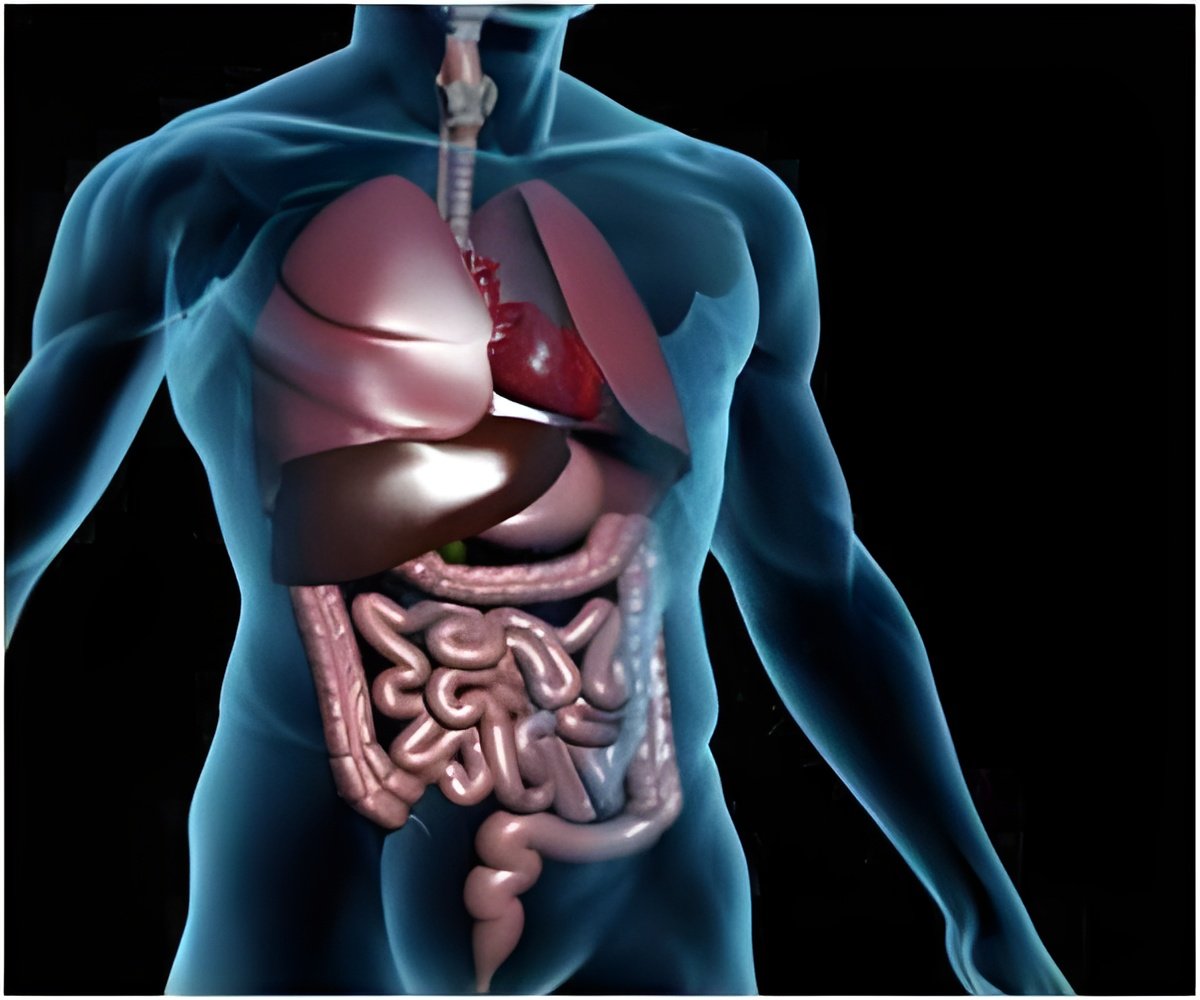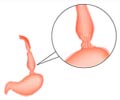
Esophageal cancer is the most rapidly increasing type of neoplasia in terms of incidence in the United States over the last three decades. Endoscopic screening for esophageal neoplasia can identify patients who might benefit from early intervention for precancerous lesions. Unsedated transnasal endoscopy, also called transnasal esophagoscopy (TNE), may provide an efficient and accurate endoscopic assessment for esophageal neoplasia with fewer risks and less cost as compared with conventional upper endoscopy. Standard upper endoscopy allows for the identification of precancerous lesions or cancer of the esophagus, and is commonly performed with conscious sedation and occasionally with the patient under general anesthesia.
TNE uses ultrathin endoscopes that are passed through the patient's nose into the esophagus for performance of an upper endoscopy; typically the examination is carried out at least to the level of the proximal-to-mid stomach, depending on the height of the patient. Often, TNE can be performed without sedation through the use of topical anesthetics sprayed into the patient's nose and/or mouth. Avoiding intravenous sedation allows patients to drive following the examination and eliminates the need for a second person to accompany the patient to the examination. TNE procedures do not always result in complete upper endoscopy examinations, because a patient who is not sedated may not tolerate passage of the endoscope through the entire stomach, the duodenal bulb, and the second portion of the duodenum.
"Unsedated small-caliber TNE offers the possibility of efficient and accurate endoscopic assessment of the esophagus with less cost and fewer risks compared with sedated upper endoscopy. The sensitivity of detecting esophageal abnormalities with unsedated small-caliber TNE is comparable to that of conventional upper endoscopy," said study lead author Blair A. Jobe, MD, University of Pittsburgh Medical Center, Pittsburgh, Penn. "Studies in North America have been limited by small sample sizes and have been performed in populations selected for esophageal symptoms. These highly selected populations in referral settings have limited our ability to adequately risk stratify esophageal adenocarcinoma to achieve early detection and cure. Our study demonstrates that unsedated transnasal endoscopy is both feasible and safe in a primary care population, achieving short procedure times, a high diagnostic yield, and minimal anxiety. Patients reported good acceptability and minimal discomfort. These results suggest that we can now lower the threshold for endoscopic esophageal screening and with less cost."
MethodsThe study assessed the feasibility, safety, acceptability, and yield of unsedated TNE in a primary care population. It was a multicenter, prospective, cross-sectional study conducted between 2009 and 2010 at two outpatient tertiary-care centers with a general medical clinic population aged between 40 and 85 years. The main outcome measurements included procedure yield; completeness of examination; procedure length; adverse events and complications; choking, gagging, pain, or anxiety during the examination; and overall tolerability.
ResultsA total of 426 participants enrolled in the study, and 422 (99 percent) completed the examination. Mean examination time was 3.7 minutes. There were no serious adverse events, and 12 participants (2.8 percent) reported minor complications. Participants reported minimal choking, gagging, pain, or anxiety. The examination was well-tolerated by most participants. Overall, 38 percent of participants had an esophageal finding that changed management (34 percent erosive esophagitis, 4 percent Barrett's esophagus). The majority of participants (70 percent) reported reflux or heartburn symptoms. Almost a third (29 percent) reported excess mucus in the nose or throat, and a quarter reported (25 percent) hoarseness. Approximately a fifth of participants reported globus (20 percent), chronic throat clearing (20 percent), chest pain (19 percent), or dysphagia (18 percent). Thirteen percent reported chronic sinusitis, 7 percent chronic sore throat, and 5 percent odynophagia.
Advertisement
In an accompanying editorial, Douglas G. Adler, MD, FASGE, Huntsman Cancer Institute, University of Utah School of Medicine, Salt Lake City, Utah, states, "Who should undergo TNE without sedation? Ideally, TNE should be considered in asymptomatic patients desiring screening for Barrett's esophagus based on family history or other factors. TNE might also be appropriate for patients with symptoms strongly suggestive of esophageal pathology in whom standard endoscopy is problematic or unappealing or in whom a complete upper endoscopy is not warranted. It will be interesting to see if the coming years see TNE without sedation enter mainstream practice and widespread use. Many factors are in play, ranging from the technical to financial, and the use of these devices in the outpatient clinic situation, although appealing, is not without limitations. Ultrathin endoscopes may be technical marvels, but their ideal role in day-to-day practice remains undetermined."
Advertisement
Source-Eurekalert












